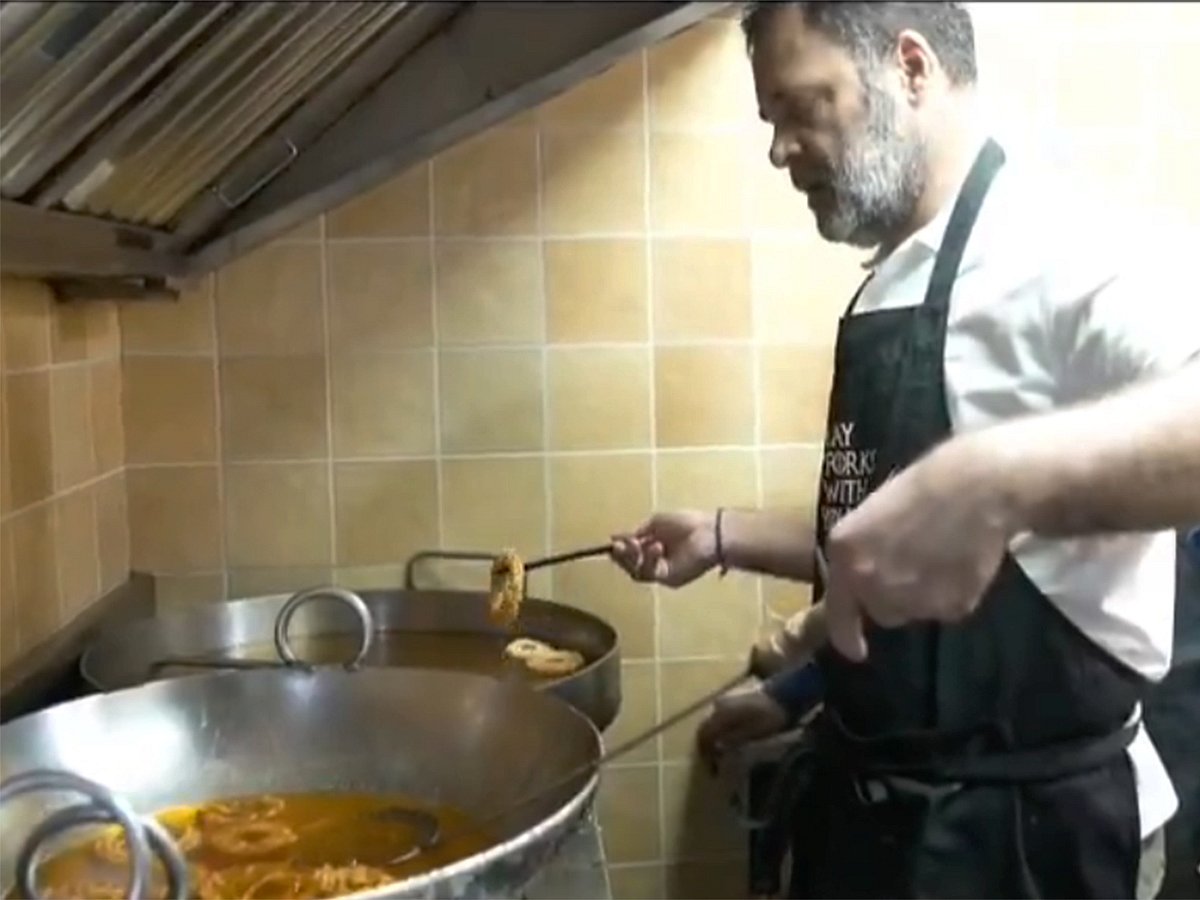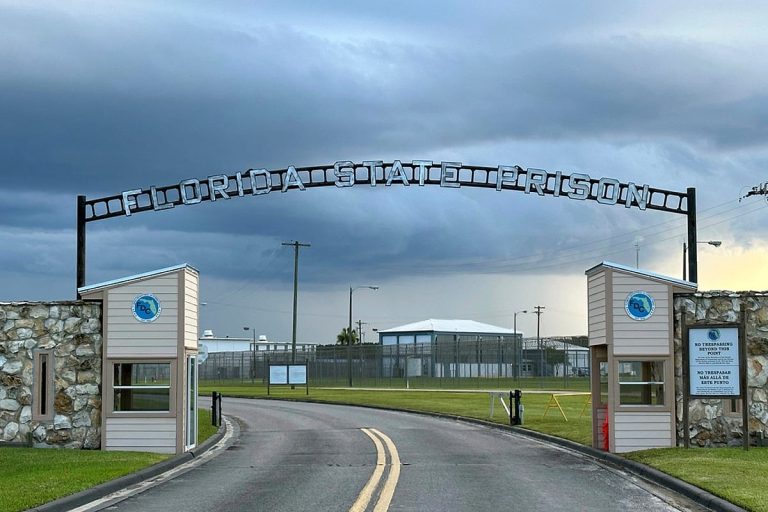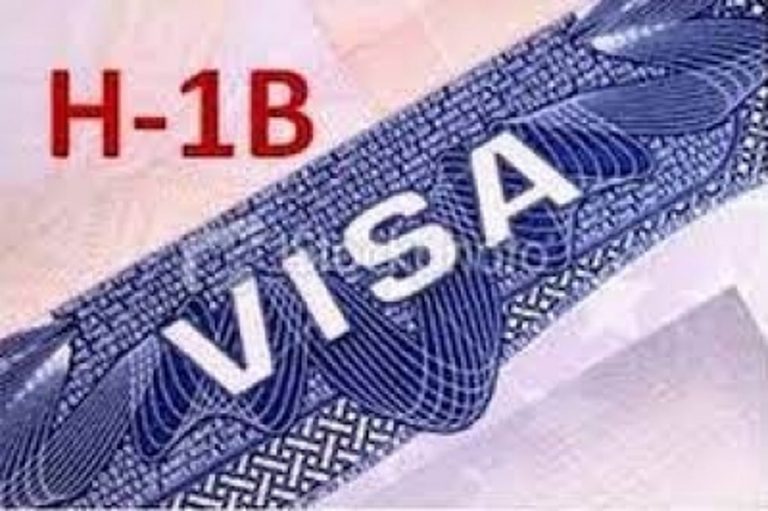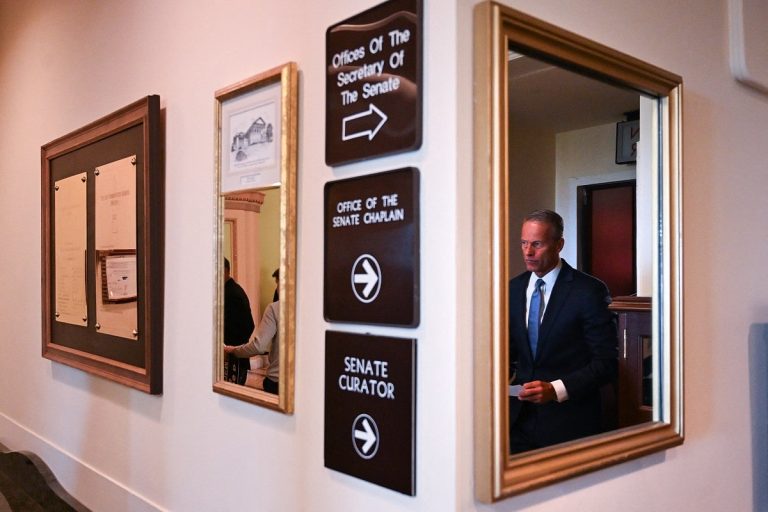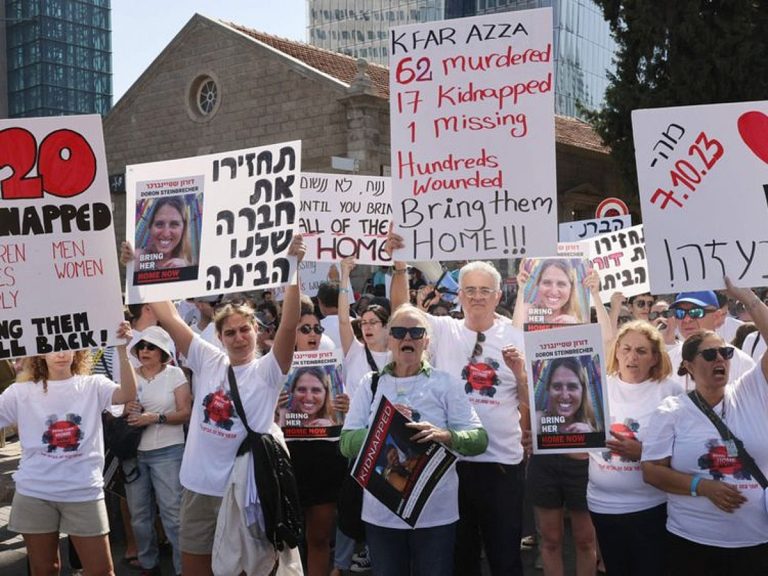Rahul Gandhi Celebrates Diwali at Ghantewala Sweet Shop
This Diwali, Rahul Gandhi embraced the festive spirit in a unique way by visiting one of Old Delhi’s most renowned sweet shops. Instead of engaging in political activities, he took a moment to connect with tradition and community by trying his hand at making popular Indian sweets.
A Sweet Experience at Ghantewala
Gandhi visited the historic Ghantewala sweet shop, a landmark known for its rich history dating back to the Mughal era. During his visit, he attempted to make Imarti and Besan Laddus, two beloved Indian confections. Sharing his experience on social media platform X, he expressed his joy, stating, “The sweetness of this centuries-old prestigious shop remains the same even today — pure, traditional, and heart-touching.” He emphasized that the essence of Diwali goes beyond sweets, highlighting the importance of relationships and community during the festival.
Engaging with Tradition and Community
While at the sweet shop, Gandhi had a light-hearted conversation with Sushant Jain, the shop’s owner. Jain humorously remarked on Gandhi’s status as “India’s most eligible bachelor,” jokingly mentioning that they were eagerly awaiting an order for wedding sweets. Gandhi, who has a fondness for Imarti and Besan Laddus, expressed a desire to make the sweets himself, recalling that his late father, Rajiv Gandhi, enjoyed them as well. Jain noted, “When he came, he said he wanted to make them himself and taste them too.”
Diwali Greetings to the Nation
Earlier in the day, Gandhi extended heartfelt Diwali wishes to citizens across India. He conveyed his hopes for joy, prosperity, and love during the festival of lights through a message on X, stating, “May India be illuminated by the lamps of happiness, and may every courtyard be filled with the light of joy, prosperity, and love.” His warm greetings resonated with many, reflecting the spirit of unity and celebration that characterizes Diwali.
FAQs
Why did Rahul Gandhi visit Ghantewala sweet shop?
Rahul Gandhi visited the Ghantewala sweet shop to celebrate Diwali in a traditional manner, engaging with the local culture and making sweets, which he shared on social media.
What sweets did Rahul Gandhi make during his visit?
During his visit, Gandhi attempted to make Imarti and Besan Laddus, two popular Indian sweets that hold cultural significance during festive celebrations.
How did the shop owner react to Gandhi’s visit?
Sushant Jain, the owner of Ghantewala, welcomed Gandhi warmly and humorously referred to him as “India’s most eligible bachelor,” joking about waiting for a wedding order for sweets.
Conclusion
Rahul Gandhi’s Diwali celebration at the Ghantewala sweet shop highlighted the importance of tradition and community during the festival. His engagement with local culture and heartfelt greetings to the nation reflect a commitment to fostering connections beyond politics. As the festival continues, many are encouraged to embrace the spirit of togetherness and joy that Diwali brings.
The Ghantewala sweet shop, established in 1790, is not only famous for its delectable sweets but also serves as a cultural landmark in Old Delhi. Its long-standing history has made it a popular destination for both locals and tourists seeking authentic Indian confections. The shop has survived various historical changes and remains a testament to the culinary traditions that have been passed down through generations. This visit by Rahul Gandhi underscores the significance of such establishments in preserving cultural heritage, especially during festive occasions like Diwali.
Diwali, known as the festival of lights, is celebrated by millions across India and around the world. It symbolizes the victory of light over darkness and good over evil. Traditionally, families come together to celebrate with prayers, feasts, and the exchange of sweets and gifts. Gandhi’s interaction with the sweet shop owner and his hands-on approach to making sweets reflect a broader trend among public figures to engage with cultural practices, reinforcing their connection to the community. This approach not only humanizes political figures but also fosters a sense of unity and shared identity among citizens during significant cultural celebrations.
As the festival progresses, many communities participate in various events, including fairs and cultural programs, which further enhance the spirit of Diwali. The emphasis on togetherness and joy during this time encourages people to reflect on their relationships and the values that bind them, making it a poignant reminder of the importance of community in contemporary society.
Also Read:
Burj Khalifa Lights Up for Diwali Celebration
DDLJ at 30: Reflecting on Its Cultural Legacy
Diwali 2025 Celebrations in the UAE: Tradition Meets Moderni

